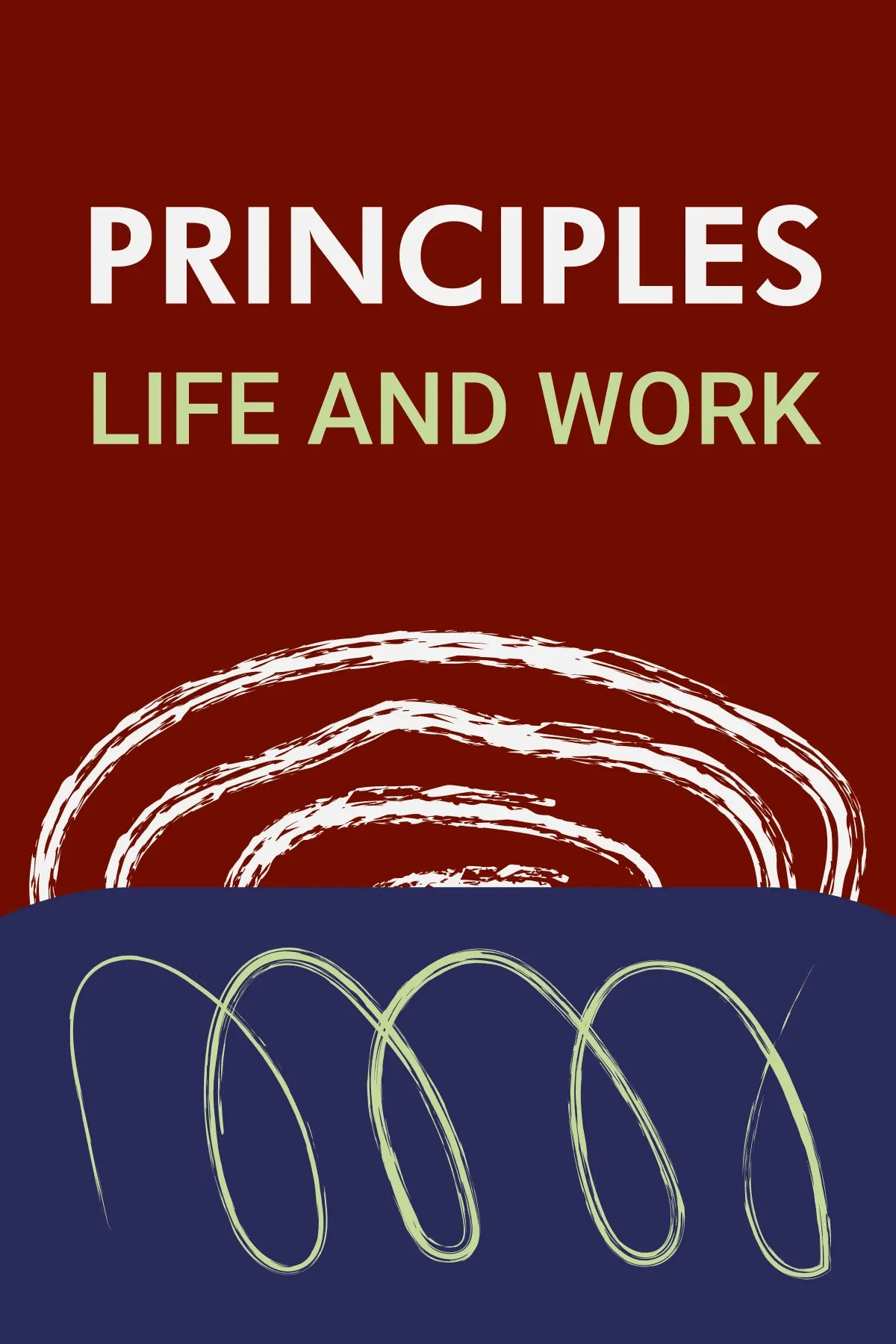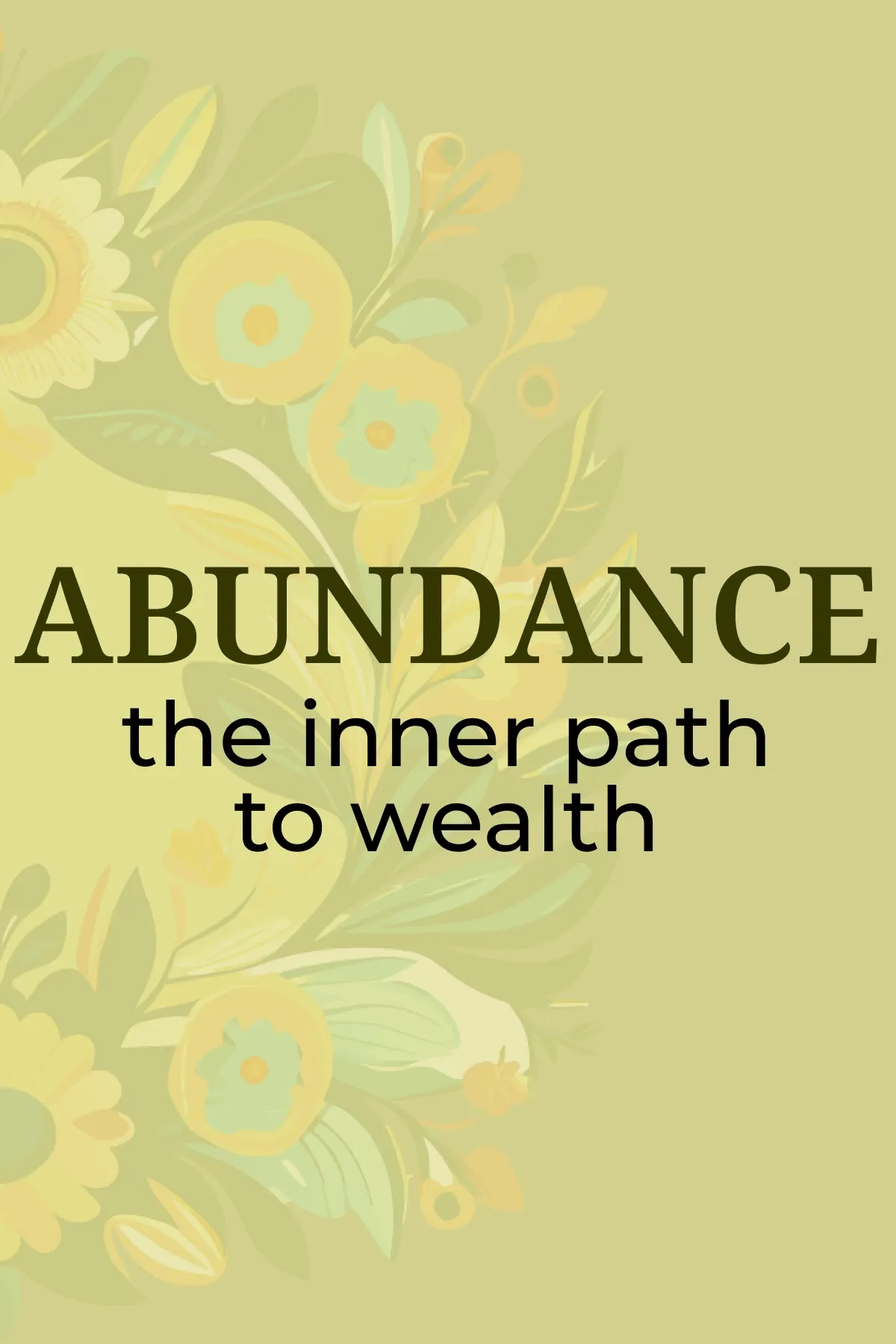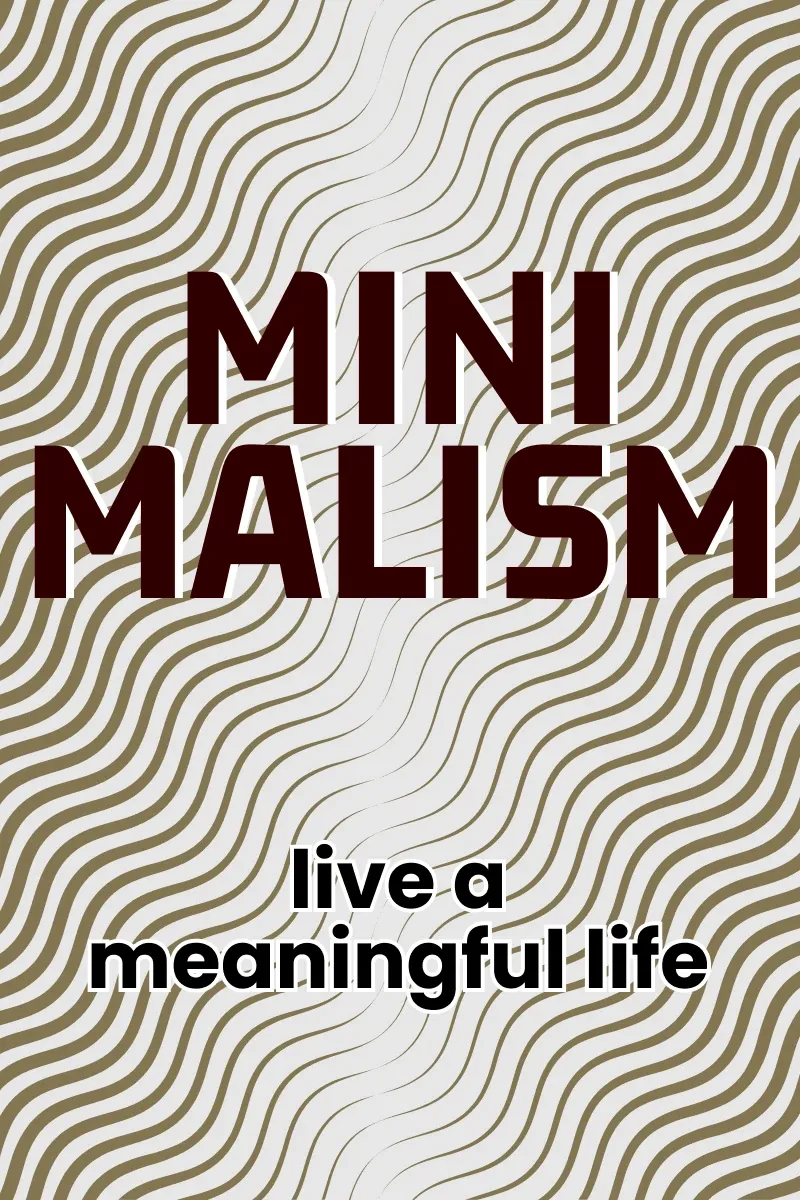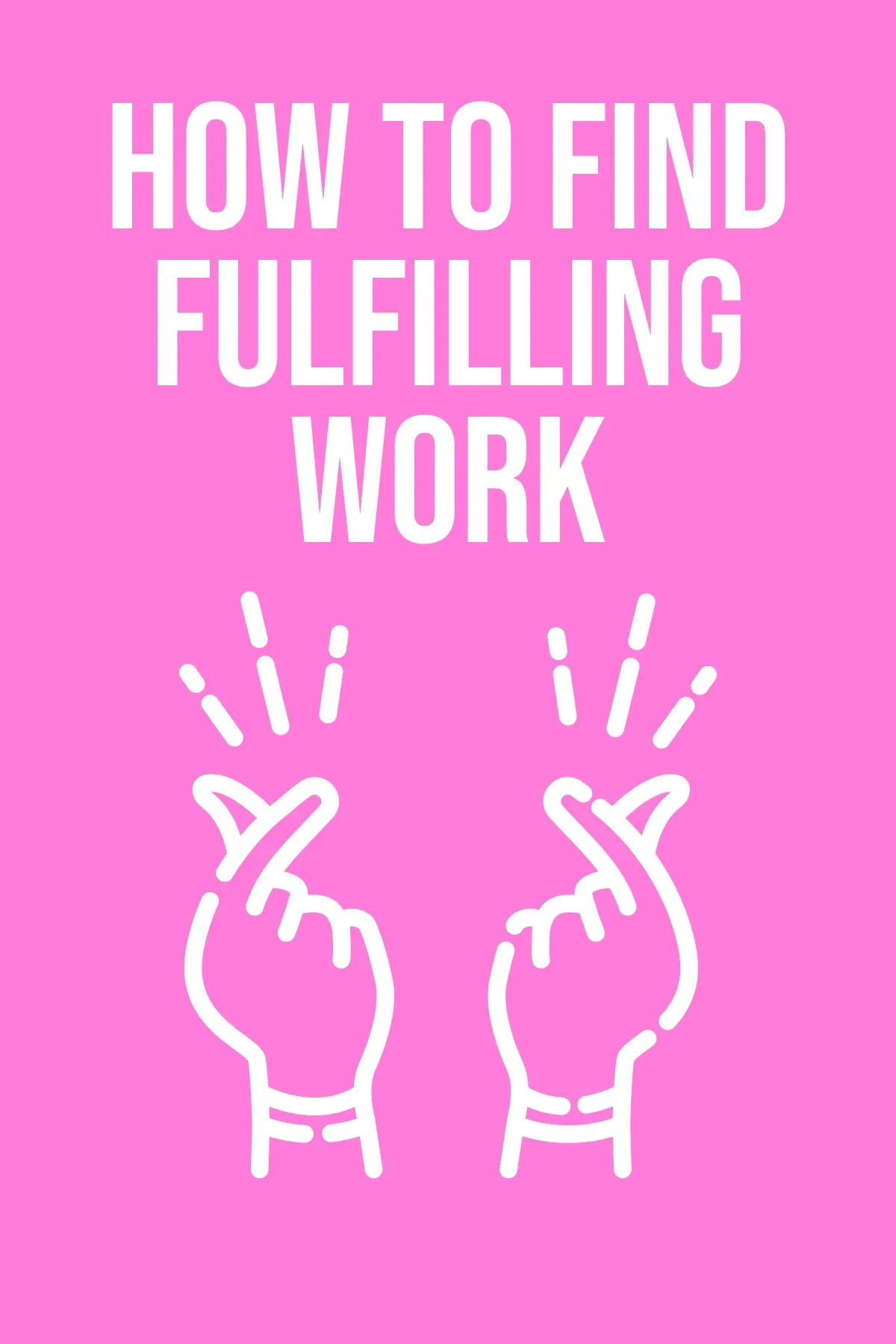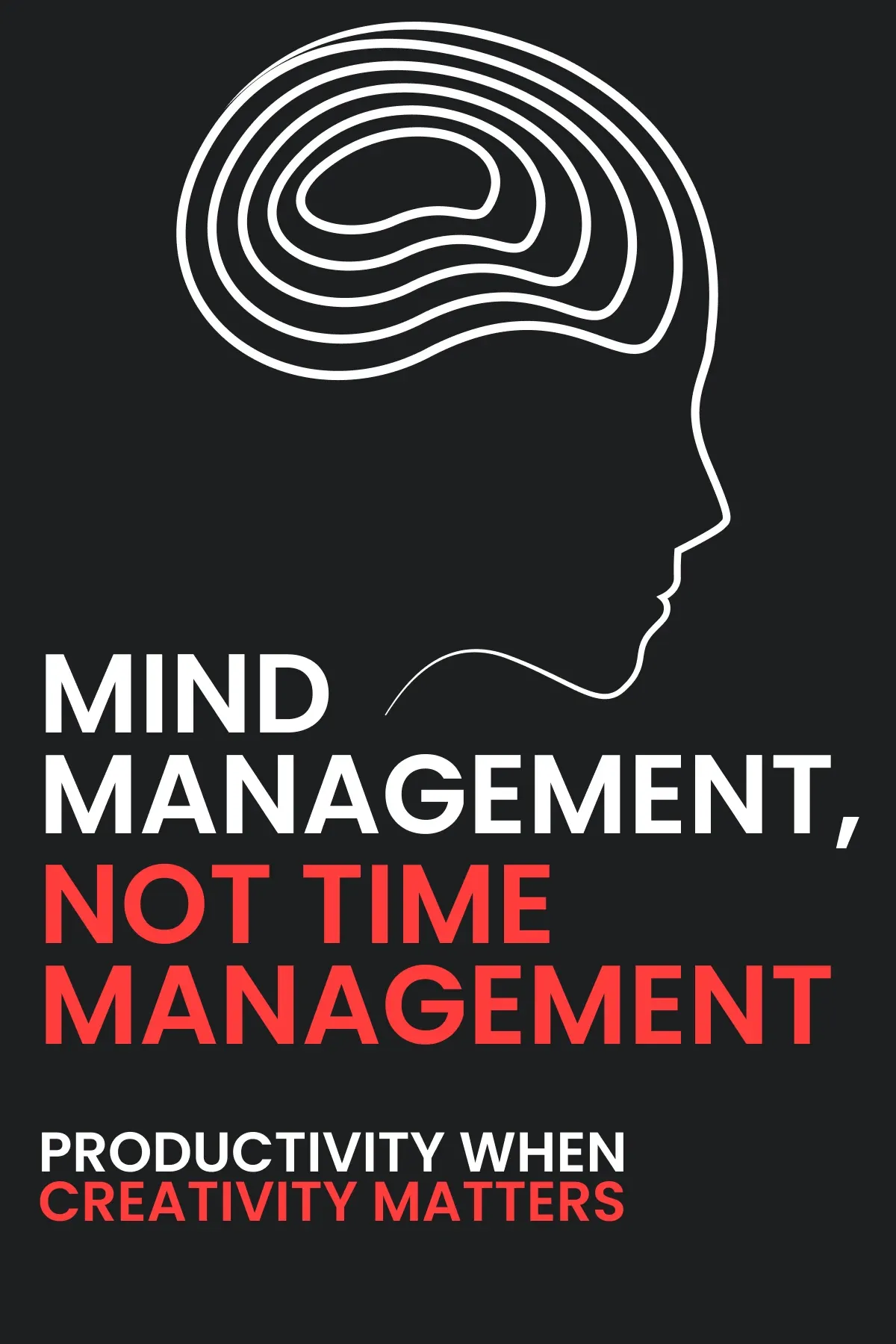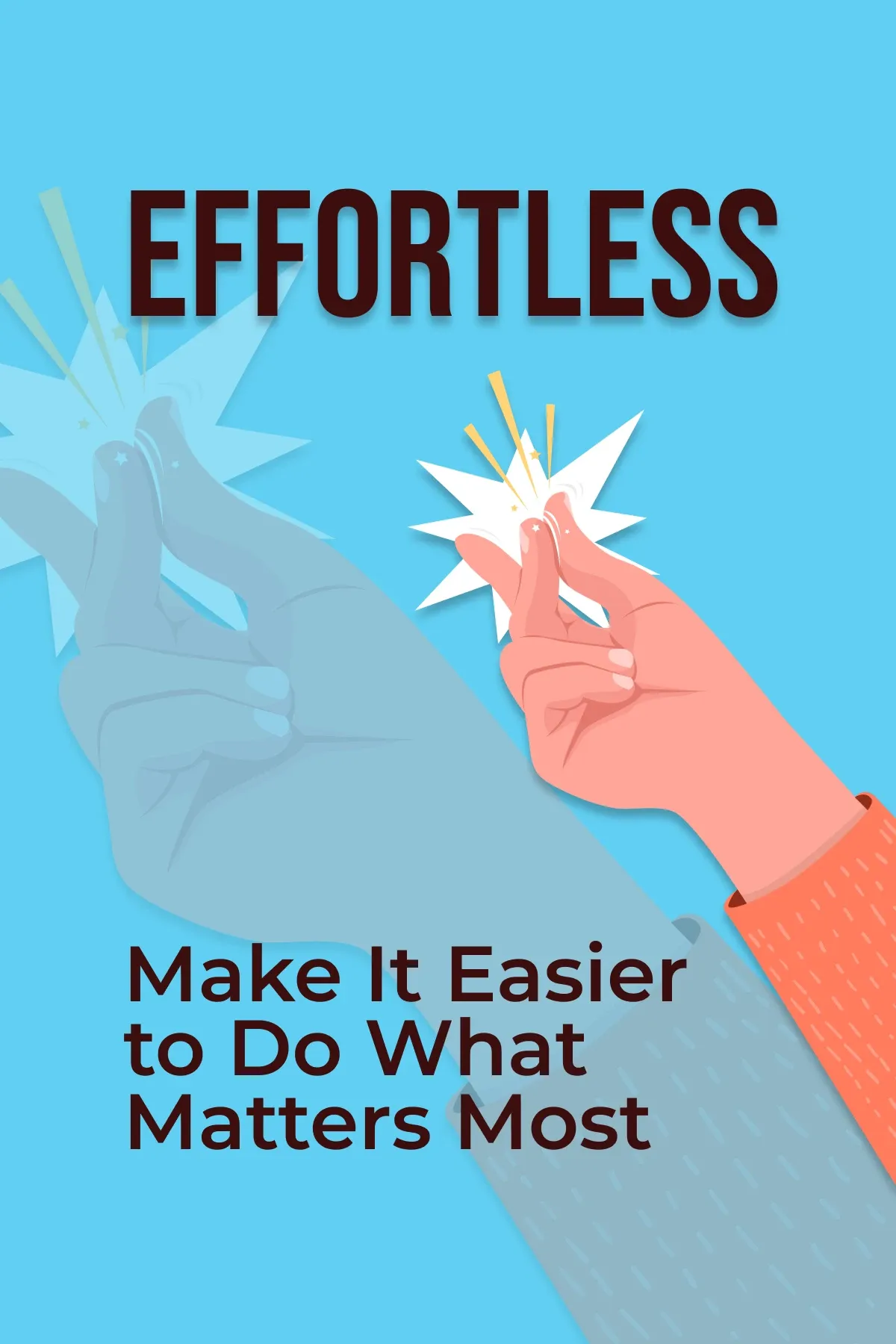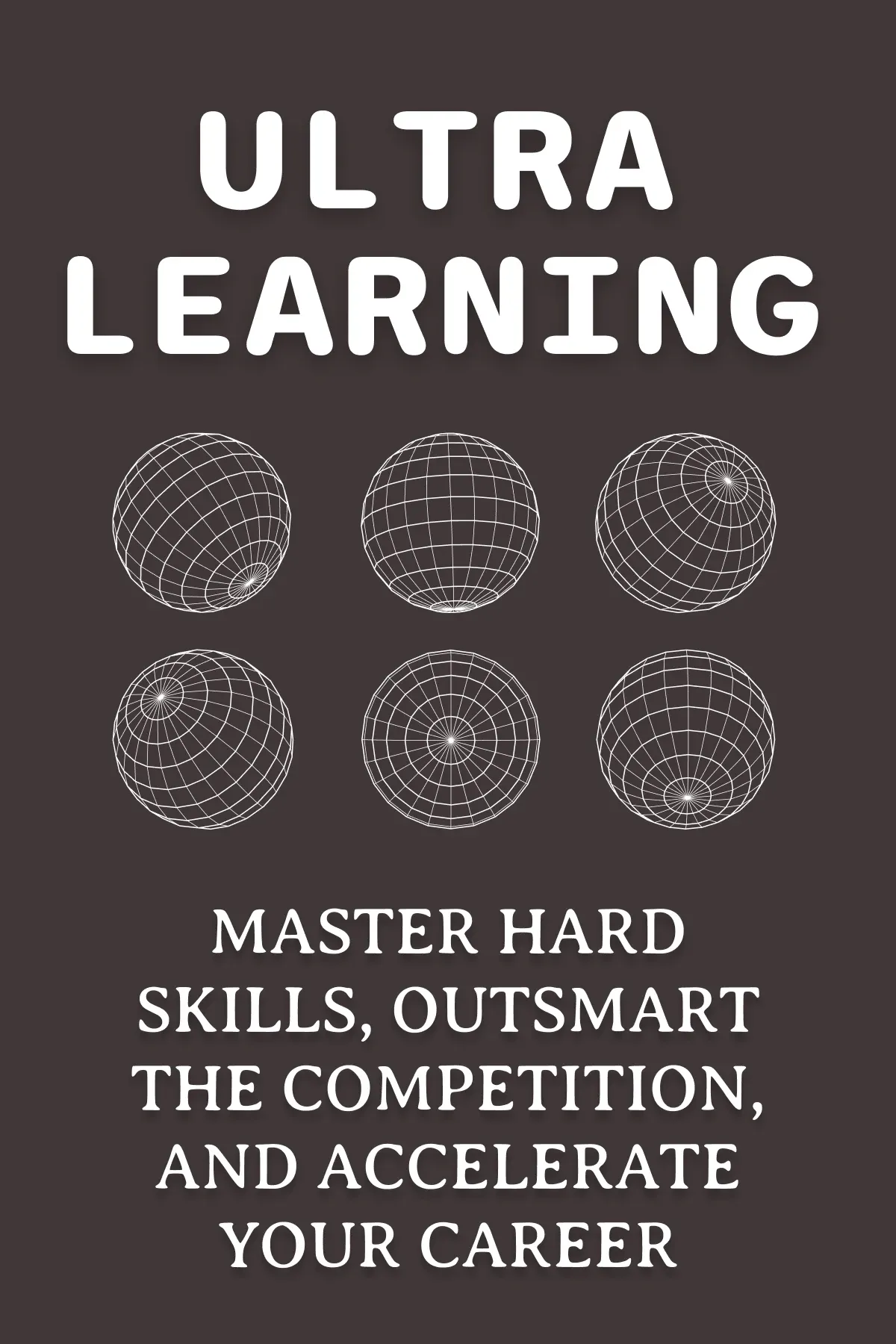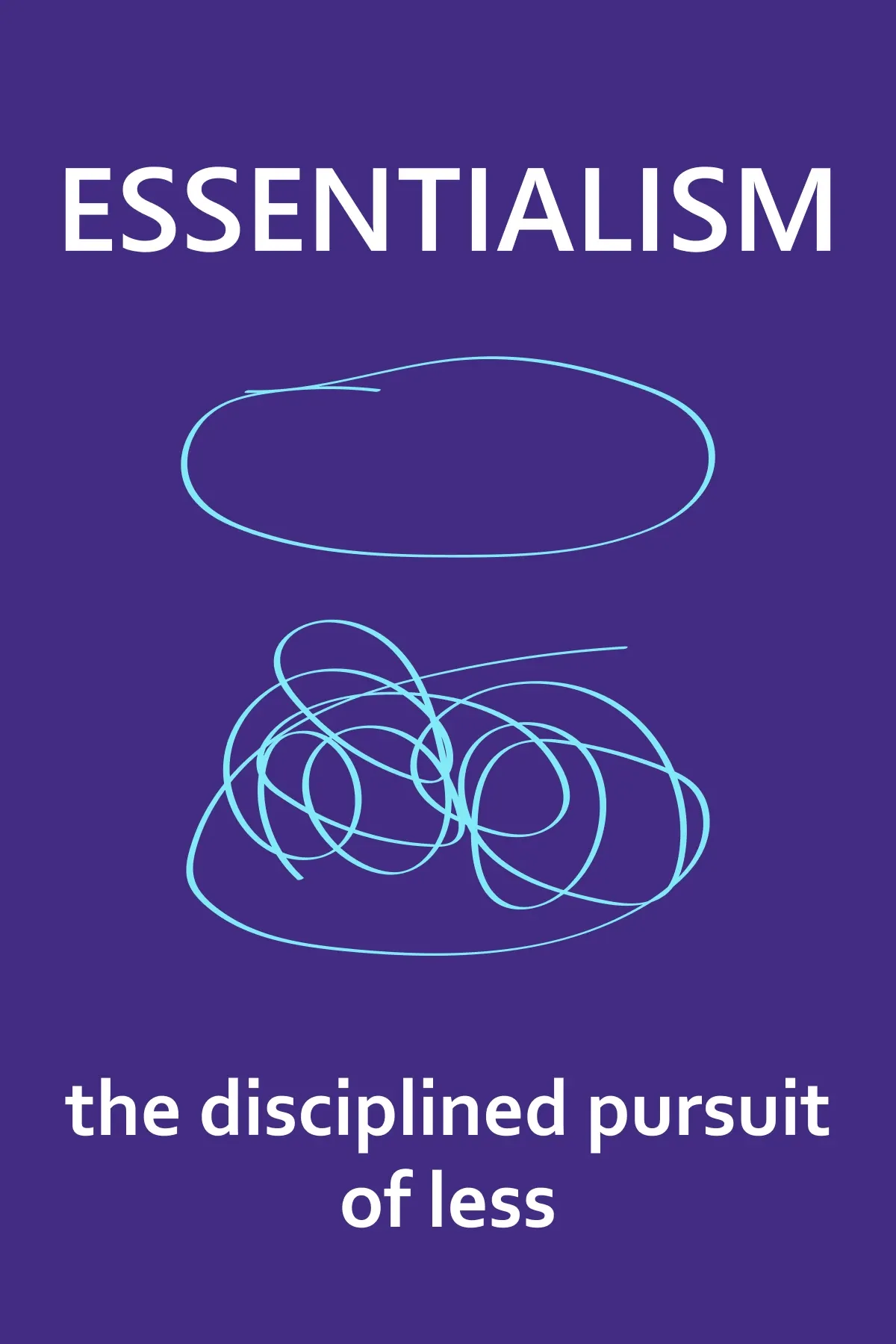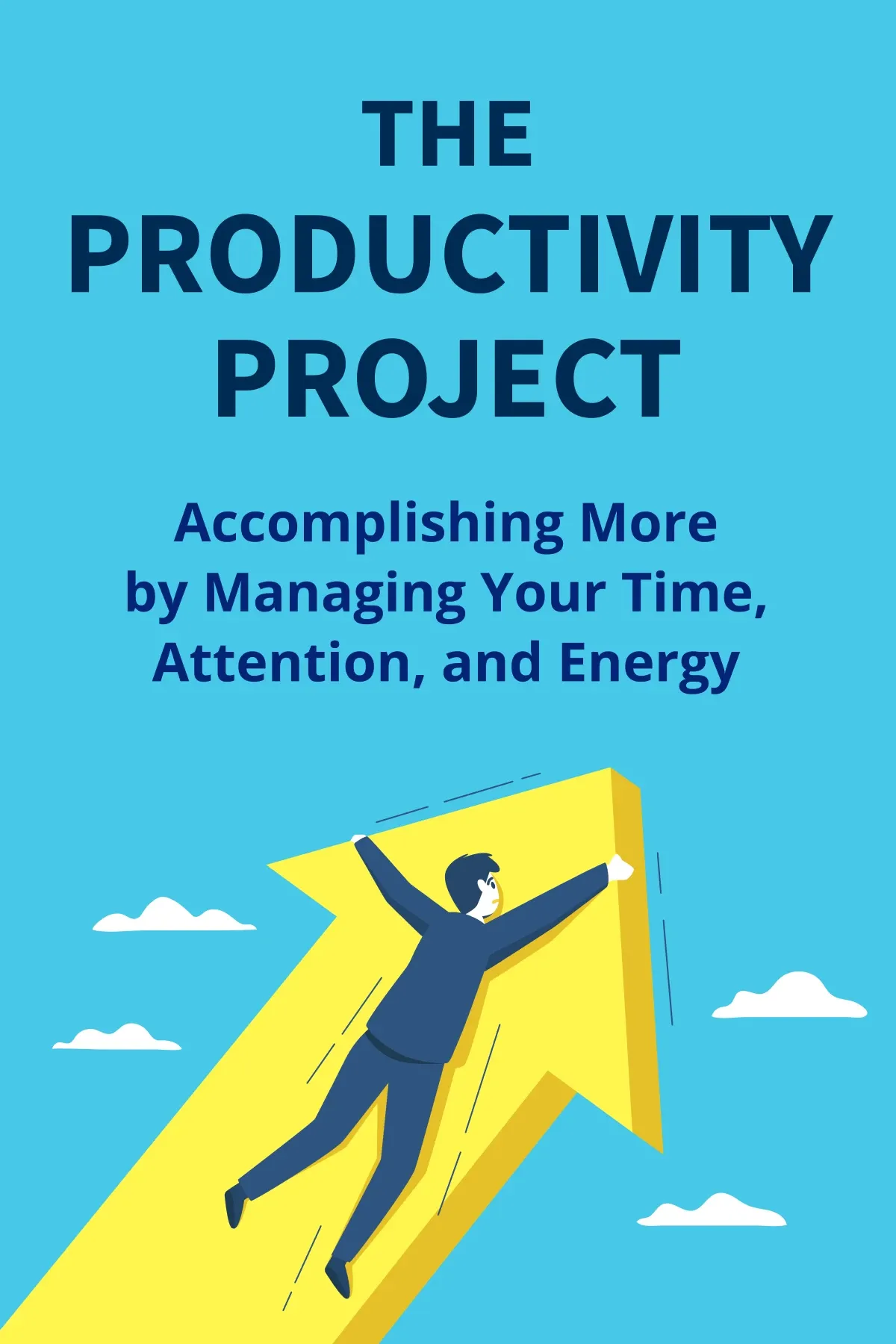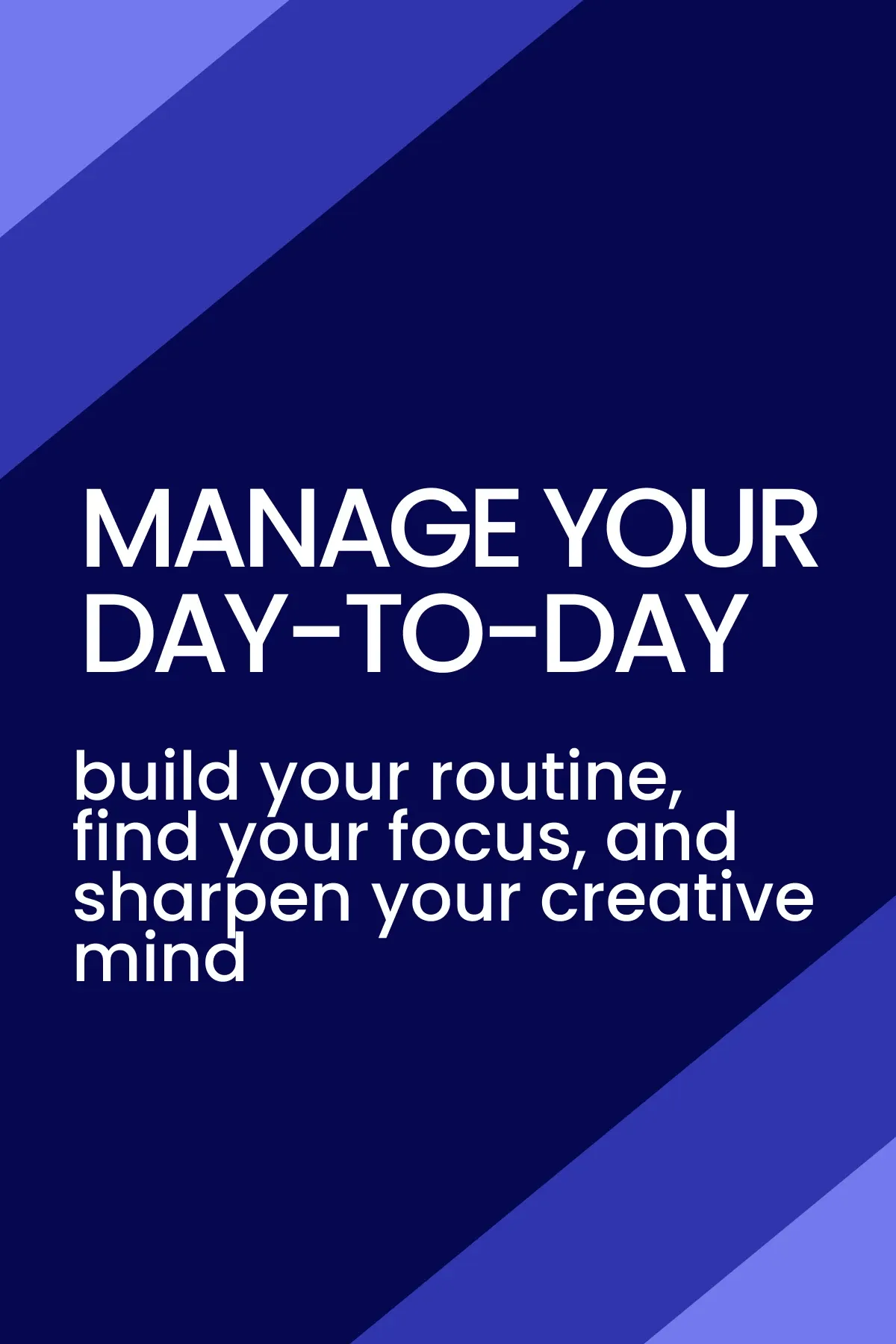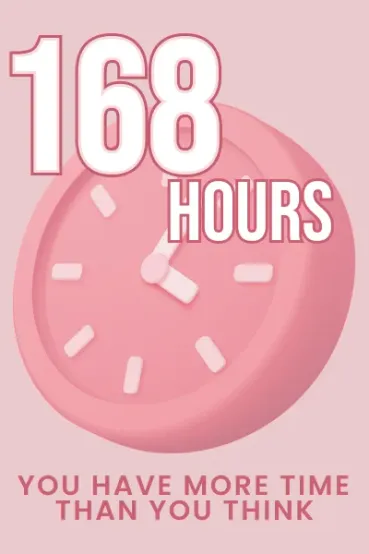
168 Hours
Brief Summary
In "168 Hours: You Have More Time Than You Think", Laura Vanderkam challenges the notion that there isn't enough time in a week. Instead, she emphasizes the importance of effectively managing time. The book covers themes such as revising your schedule and scheduling leisure time intentionally, which can help you achieve a more balanced lifestyle.
Key points
Key idea 1 of 7
Do you sometimes feel like there is not enough time in a day? Productivity expert Laura Vanderkam assures us we have more time than we think. Each of us has 24 hours a day and 168 hours a week, but we often waste this time.
Take the example of two women, Lisa and Mary. Lisa leads a non-profit firm, plays sports, volunteers, and spends time with her family. Mary only has time for work and flipping through the news feed before bed. The productivity of these two women is significantly different, even though they have the same amount of time. Vanderkam explains that this is because Lisa manages her time differently. She plans her week, filling it with activities, while Mary spends time on uninteresting work and social networks.
Vanderkam advises planning your time around your priorities, just like Lisa does. This approach allows you to live a fulfilling life as you choose what to do with your time. Even if you don't complete a task, you will think, "I didn't do it because I didn't want to, not because I didn't have time." Let’s explore a few tips to help you use your time more thoughtfully. First, start tracking your time. Take note of how you spend each of the 168 hours in a week, being specific and detailed in your descriptions. Instead of just writing "dinner," write "prepared dinner" or "ordered delivery."
Next, revise your time. Divide your weekly activities into main categories like sleep, rest, work, and eating. Calculate how long each activity takes. Are you satisfied with the amount of time you spend on each activity? Remember, you should be able to fit in all your weekly activities within 168 hours.
The next step is all about identifying your strengths. To do this, create a list of 100 points to help you understand what you're good at. For example, if your forte is art analysis, you could write a book or start a podcast.
Finally, adapt your schedule to your individual opportunities. Focus on what you're good at and leave the tasks you're not so great at for later. By doing this, you'll be able to make the most of your time and live a more meaningful life.
FAQ
You may also like these summaries


